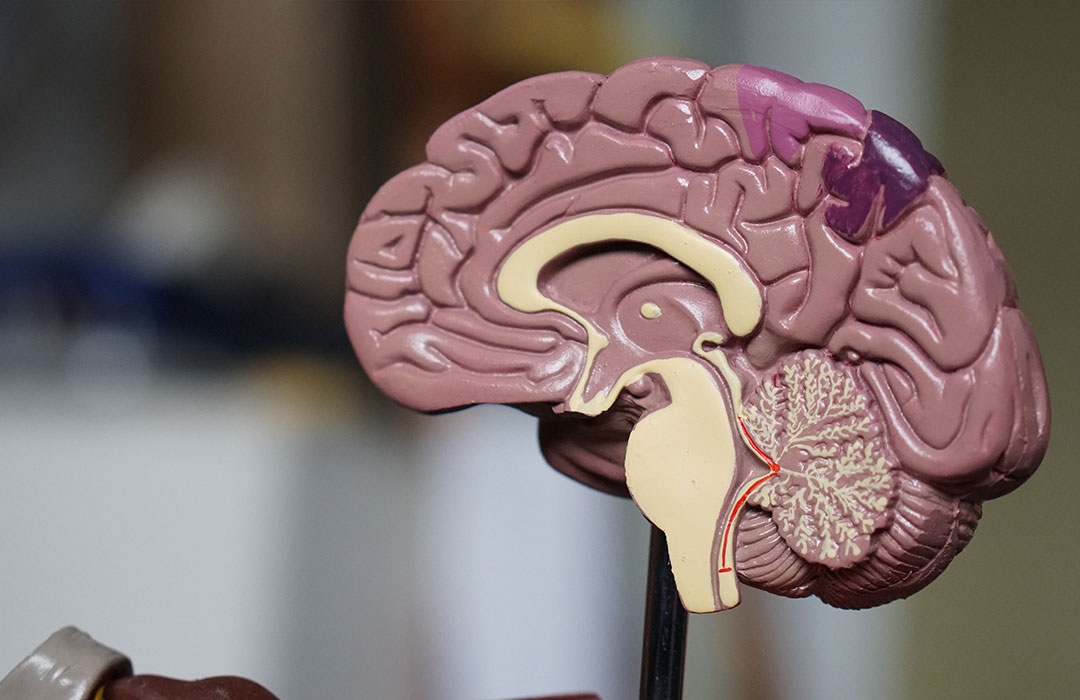
Schizophrenia is a debilitating mental illness characterized by a range of cognitive, behavioral, and emotional dysfunctions. Individuals who suffer with this disease often experience delusions, hallucinations, incoherence, and dysfunction in major areas of life, such as at work or in their personal relationships. And while much has been discovered about this mental health condition, such as the aforementioned systems, effective treatment methods, and risk factors, there is still a need for more research—and fortunately, scientists aren’t wasting any time.
A new study “Dose-dependent expression of claudin-5 is a modifying factor in schizophrenia” conducted by a team of scientists from Trinity College Dublin and the Royal College of Surgeons in Ireland (RCSI) shows that blood vessel abnormalities in the brain may be significant to the development of schizophrenia. More specifically, irregularities in the blood-brain barrier (BBB)—which consists of blood vessels that transport energy and materials in and out of the brain—may be critical and dangerous.
This research, which was published in Molecular Psychiatry, explains that Individuals who have a chromosomal abnormality called 22q11 deletion syndrome are 20 times more likely to develop schizophrenia; they “lack 40-60 genes within a small region in one of the pairs of chromosome 22. A gene termed “Claudin-5” is located within this region and it is changes in the level of this component of the BBB that are associated with the presence of schizophrenia” (Neuroscience News).
“Our recent findings have, for the first time, suggested that schizophrenia is a brain disorder associated with abnormalities of brain blood vessels. The concept of tailoring drugs to regulate and treat abnormal brain blood vessels is a novel treatment strategy and offers great potential to complement existing treatments of the debilitating disease,” says Dr. Matthew Campbell, assistant professor in Neurovascular Genetics. He goes on to explain that medication used to improve one’s cardiovascular health may not only reduce the risk of stroke and heart attacks, but be an effective treatment for brain diseases like schizophrenia.
These researchers, who come from Stanford University, Cardiff University, and Duke University, are the first to identify and explain a molecular genetic component in the BBB, crucial to the development of schizophrenia. “These findings greatly add to our understanding of this debilitating and socially isolating condition,” says Professor Kieran Murphy, Head of Department of psychiatry, RCSI and Consultant psychiatrist at Beaumont hospital.
There is always room for more research when it comes to better understanding and treating harmful mental illnesses like schizophrenia. And this study is proof that scientists’ and researchers’ efforts don’t go unnoticed—because of them, people suffering with this mental illness will better understand and cope with their schizophrenia disorder.
Source: Trinity College Dublin “Major Breakthrough Identifies Mechanism for Development of Schizophrenia.” NeuroscienceNews. NeuroscienceNews, 10 October 2017.
<http://neurosciencenews.com/schizophrenia-blood-vessels-7710/>.
Original Research: Full open access research for “Dose-dependent expression of claudin-5 is a modifying factor in schizophrenia” by C Greene, J Kealy, M M Humphries, Y Gong, J Hou, N Hudson, L M Cassidy, R Martiniano, V Shashi, S R Hooper, G A Grant, P F Kenna, K Norris, C K Callaghan, M dN Islam, S M O’Mara, Z Najda, S G Campbell, J S Pachter, J Thomas, N M Williams, P Humphries, K C Murphy & M Campbell in Molecular Psychiatry. Published online October 10 2017 doi:10.1038/mp.2017.156
Let’s keep in touch! Sign up to receive our newsletter:
Start a Relationship with An Exceptional Counselor
- Skilled and caring professional counselors
- Accepting all major and most insurances
- High-touch customer service & premium benefits
- Same- or next-day appointments
- Ultra-flexible 23.5hr cancellations













